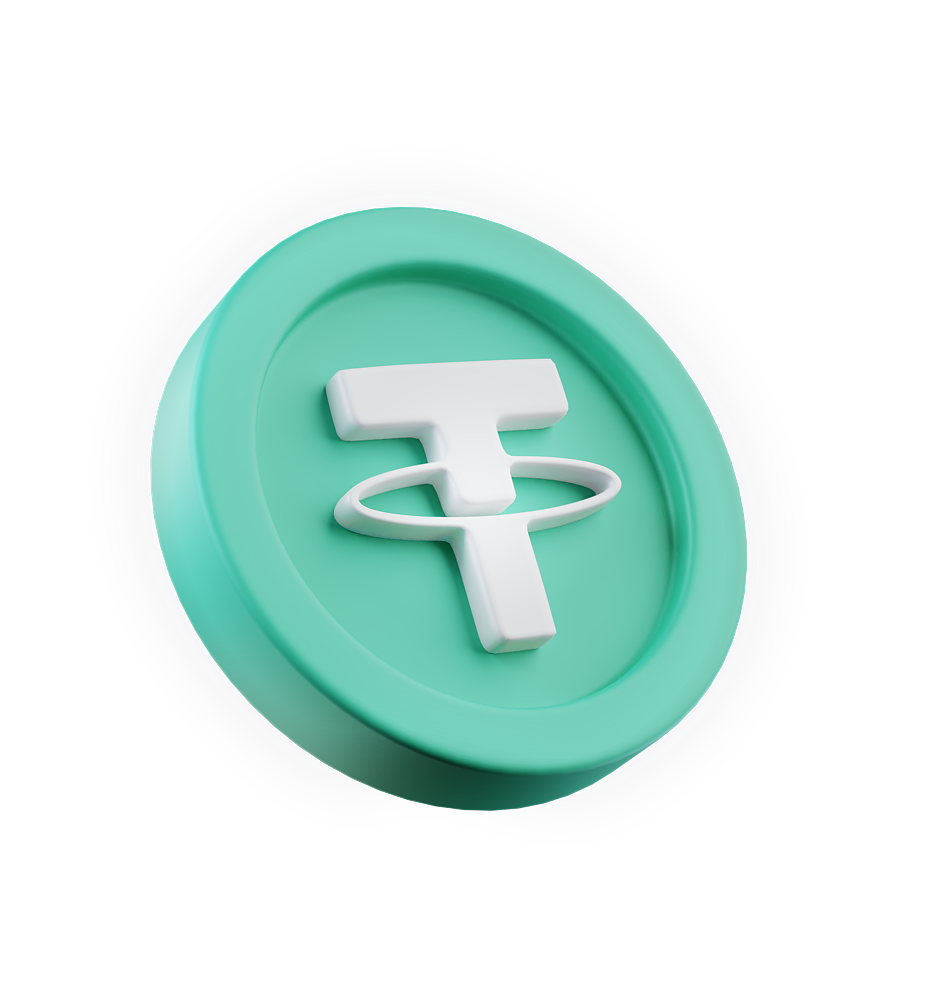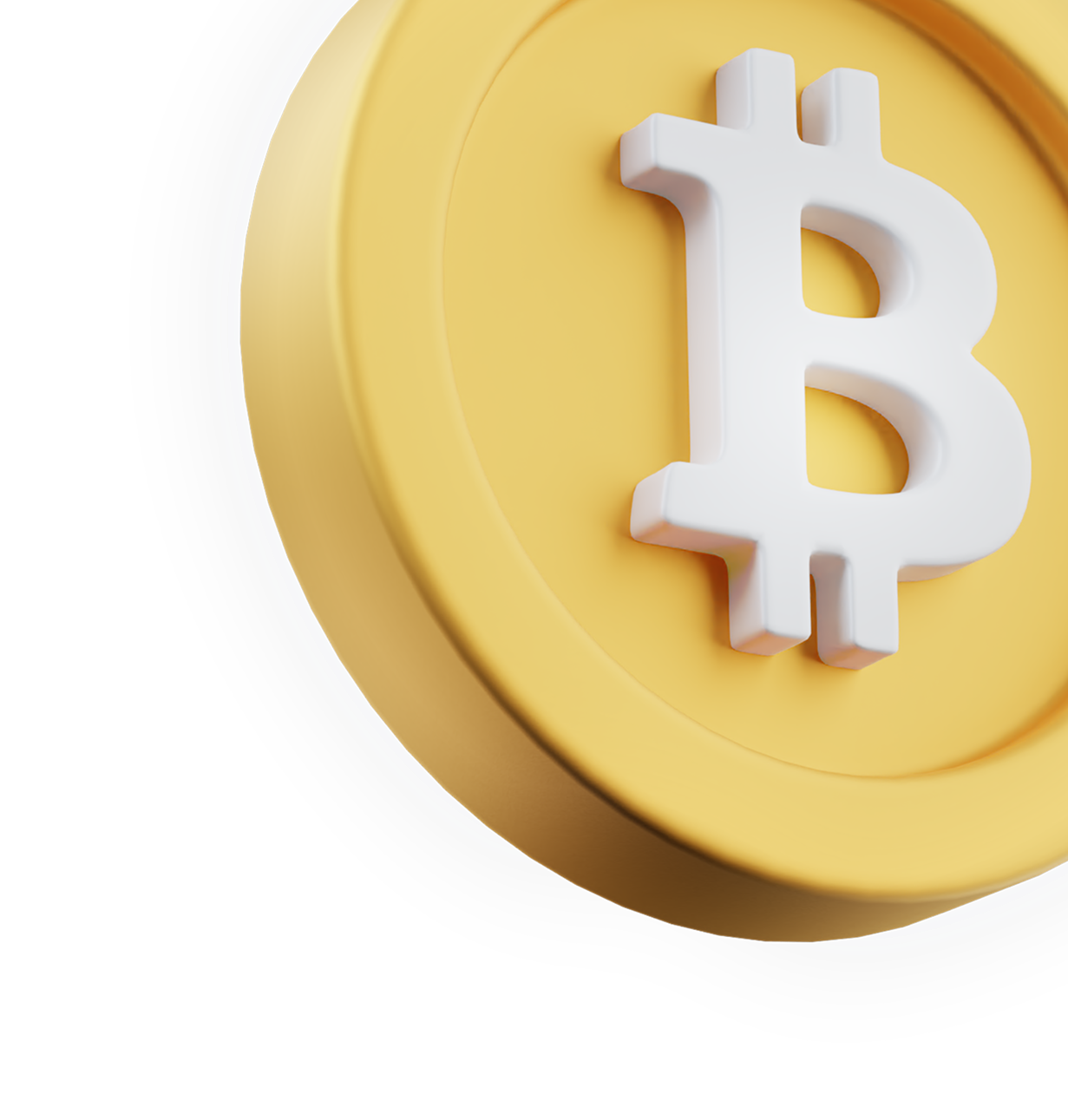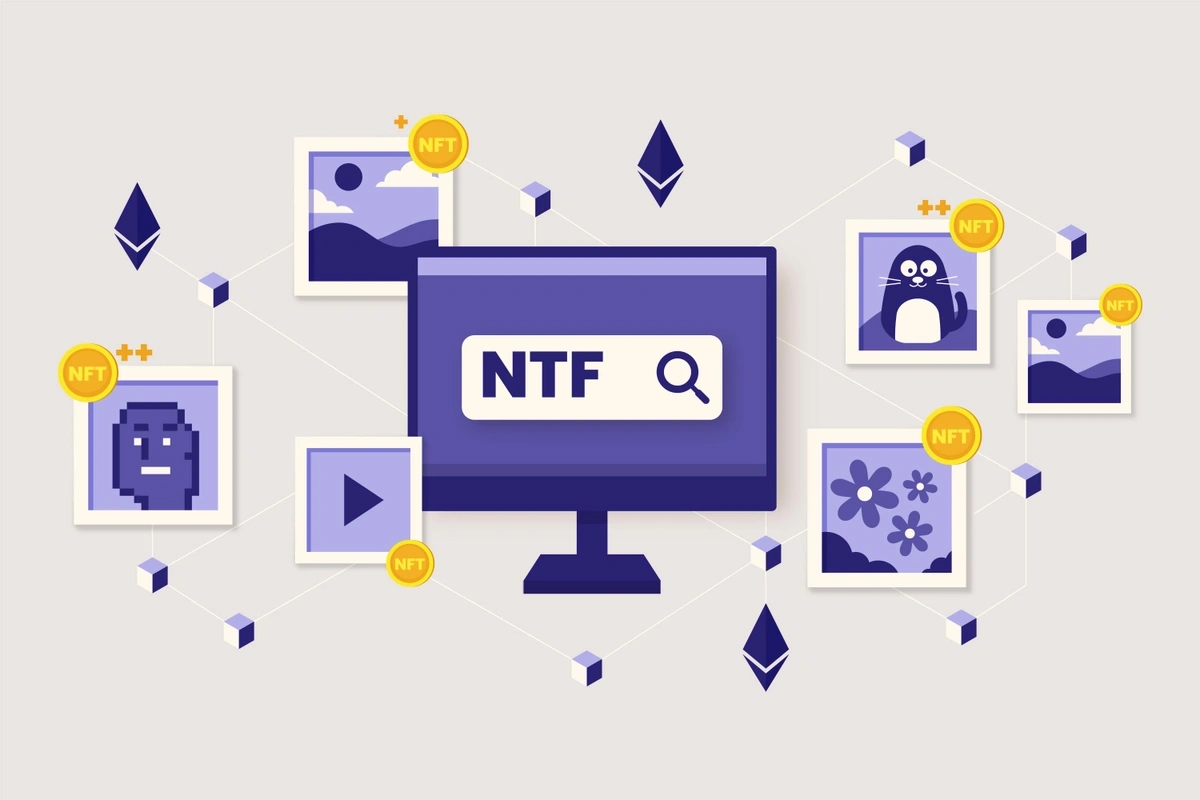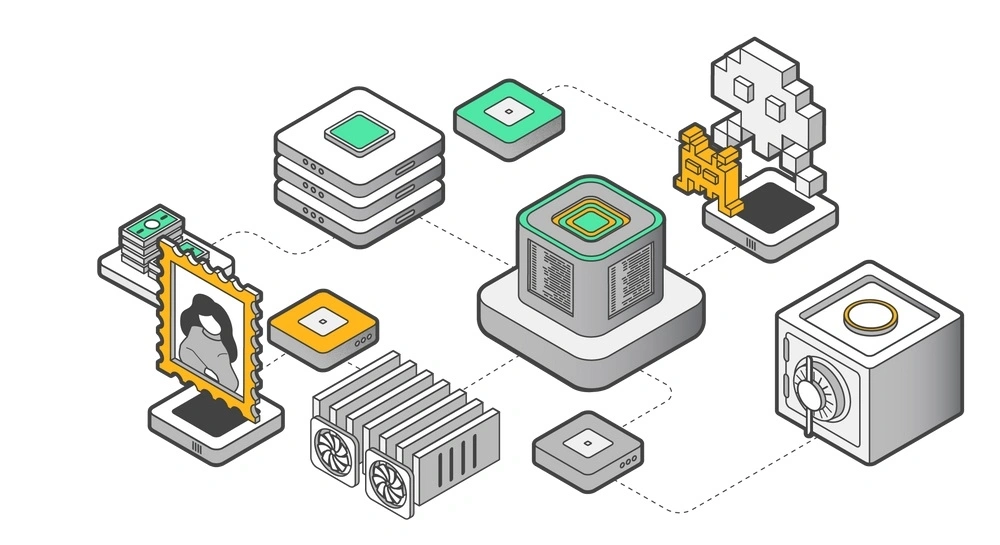Decentralized exchanges, also known as DEXs, are a type of cryptocurrency exchange that doesn’t require a central authority to facilitate trade and hold user funds.
Rather, a DEX exchange facilitates trades directly between users. These peer-to-peer transactions are executed via smart contracts. DEXs are popular because they aren’t operated by a for-profit third party. Instead, they make it possible for trades to take place between individual users.
What Is a Decentralized Exchange?
Decentralized exchanges, also known as DEXs, are a type of cryptocurrency exchange that doesn’t require a central authority to facilitate trade and hold user funds.
Rather, a DEX exchange facilitates trades directly between users. These peer-to-peer transactions are executed via smart contracts. DEXs are popular because they aren’t operated by a for-profit third party. Instead, they make it possible for trades to take place between individual users.
Decentralized exchanges have many benefits, and in this article, we’ll cover the most important, including:
- Enhanced privacy and security
- No intermediaries and reduced fees
- Global accessibility and liquidity
- Greater control and ownership of assets
- Innovation and token offerings
- Regulatory advantages
Also, we'll dive into some of the potential risks of using decentralized crypto exchanges, so you can make an informed decision and decide which exchange type is better for you.
Decentralized vs. Centralized Exchanges
We’ve learned that decentralized exchanges are a type of crypto exchange that doesn’t require a middleman to facilitate trades and transactions.
A centralized exchange, or CEX, is the opposite. A centralized exchange is owned and operated by a central corporation that facilitates users trading and buying crypto assets.
Traditionally, centralized exchanges are the easiest way for beginners to get involved in crypto because they’re user-friendly and make it incredibly easy to buy crypto with fiat currency.
However, they offer a limited selection of tokens, and worst of all, users don’t actually own the crypto assets they’ve purchased and hold on a centralized exchange.
Check out our blog on crypto self-custody to learn why keeping your crypto on a centralized exchange is incredibly risky.
What Are the Benefits of Decentralized Exchanges?
Enhanced Privacy and Security
One of the greatest benefits of decentralized exchanges is the enhanced privacy and security they provide to users.
When signing up for a centralized exchange, you must provide personal details and fund your account via bank transfer or card payment.
You’re not subject to the same sign-up protocols with a DEX. Instead, you're in control of your privacy, and sometimes all you need to provide is the wallet address (public key) you’ll be using to fulfill the trades you’re placing.
Additionally, DEXs aren’t bound by the same regulations as centralized exchanges. You’d think this would make them less secure—but it’s the opposite.
As CEXs hold a lot of cryptocurrency for all their users, they're prime targets for hacks and attacks.
On the other hand, DEXs don’t keep any tokens on behalf of their customers. They merely facilitate p2p transactions, passing crypto from one user to another, making them less likely to be targeted by hackers.
No Intermediaries and Reduced Fees
As there are no intermediaries, DEXs can offer reduced fees compared to CEXs.
While these fees aren’t substantial for small transactions, they quickly add up if you’re frequently trading large volumes.
For example, one of the most popular CEXs, Coinbase, charges 0.5% for every transaction. Alternatively, Uniswap, one of the most used DEXs, charges just 0.3%.
Global Accessibility and Liquidity
Due to different countries having varying cryptocurrency regulations, many CEXs can't operate globally, meaning users in some geographic regions can't access their services.
Another of the benefits of decentralized exchanges is that they don’t have these restrictions. Anyone, anywhere in the world, can transact with another person, no matter their location.
The possibility of global accessibility can increase liquidity, making markets less volatile, more stable, and easier to adopt on a mass scale.
Greater Control and Ownership of Assets
All decentralized crypto exchanges require you to self-custody your cryptocurrency. This means users have complete control over their assets because they’re kept in a secure digital wallet.
Yes, this means you’re responsible for protecting your private keys. Even so, it also takes your assets out of the grasp of a centralized exchange, making your funds less likely to be hacked and lost forever.
Innovation and Token Offerings
Usually, DEXs are the first to offer users the opportunity to trade new tokens. Centralized exchanges are bound by regulatory scrutiny, meaning listing new tokens can take a prolonged period of time.
Another of the great benefits of decentralized exchanges is that they offer markets to trade tokens for new and innovative projects. This empowers users to choose how and where they invest and enables new projects to access the funds needed to achieve their goals.
Regulatory Advantages
Centralized exchanges must abide by KYC (know-your-customer) and AML (anti-money-laundering) standards. This means users have to provide in-depth personal details before they’re allowed to sign up and use their services.
DEXs don't need KYC and AML, meaning they stay true to the original aim of cryptocurrency and decentralized finance. This makes DEXs more attractive to users who prioritize privacy and allows developers to adapt to market changes quickly.
Potential Cons of DEXs
Lack of liquidity: Currently, DEXs have fewer users than CEXs. Therefore, liquidity can be lower, meaning prices can be higher as fewer buyers and sellers exist. However, Web3 liquidity aggregation will help combat this.
Technical complexity: DEXs aren’t built for beginners. You need to be familiar with smart contracts before you can safely use a DEX.
Fraud and scams: DEXs have been used for fraudulent scams, so it’s important to research platforms before trusting them with your funds.
Conclusion
The benefits of decentralized exchanges are clear to see, and if you’re still debating CEX vs. DEX, remember these things:
- DEXs are more secure
- DEXs offer lower fees
- DEXs allow you to own crypto assets outright
- DEXs have a better selection of tokens
- DEXs are truly decentralized
Still, always remember to do your research before using any crypto DEX. You’re putting your assets at risk if you don’t use a reputable platform.
Need a secure crypto wallet before you start trading with decentralized crypto exchanges? Check out ZERT.







